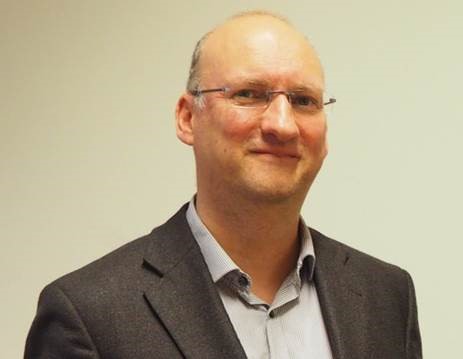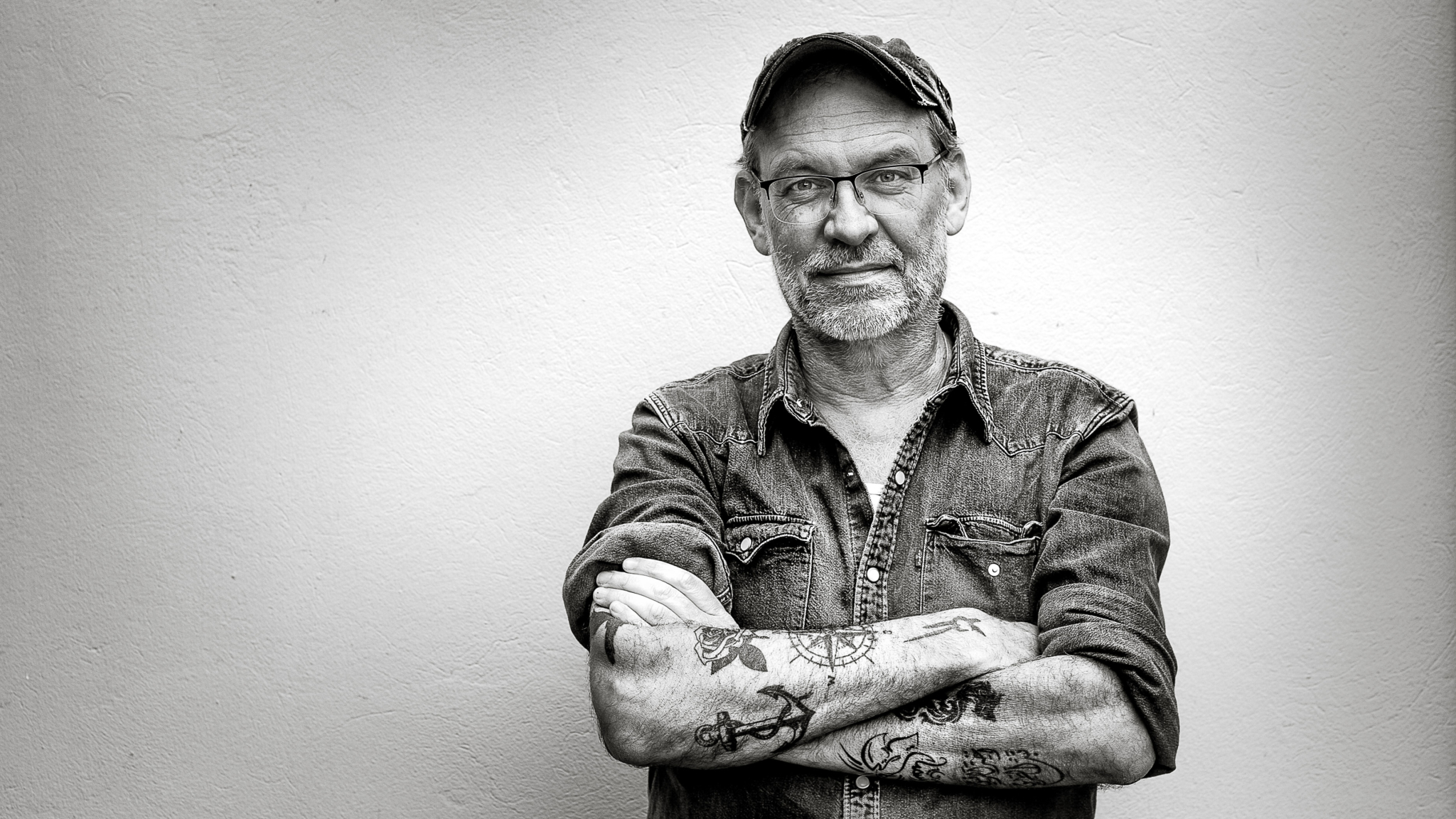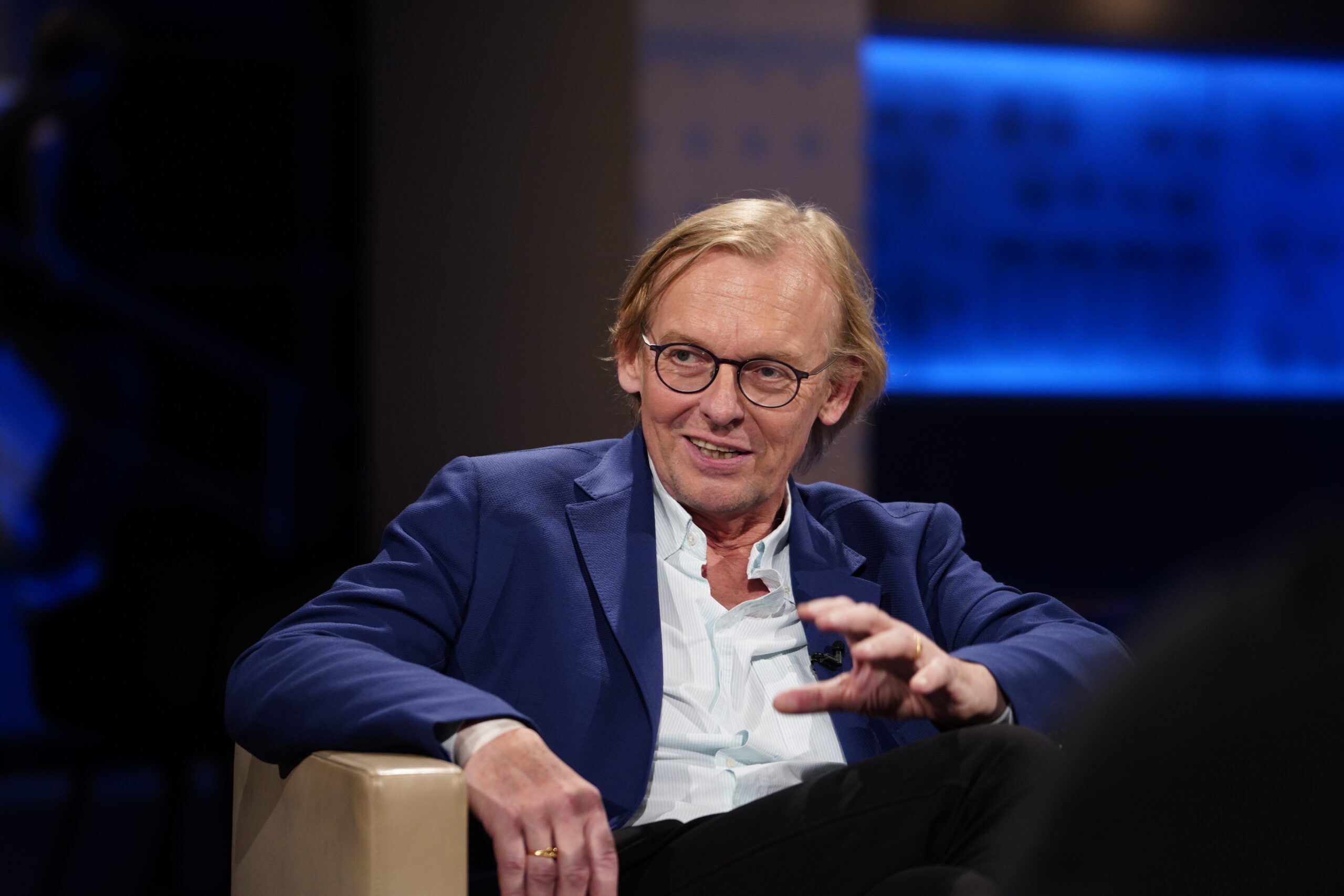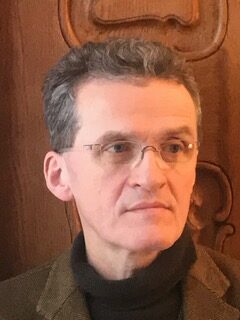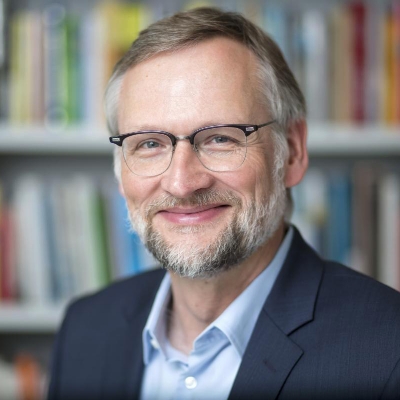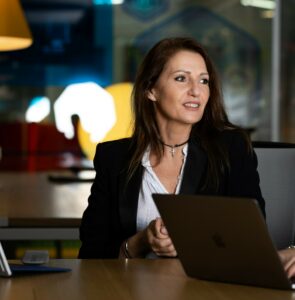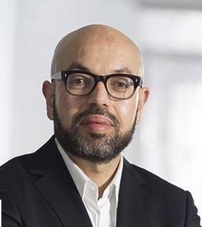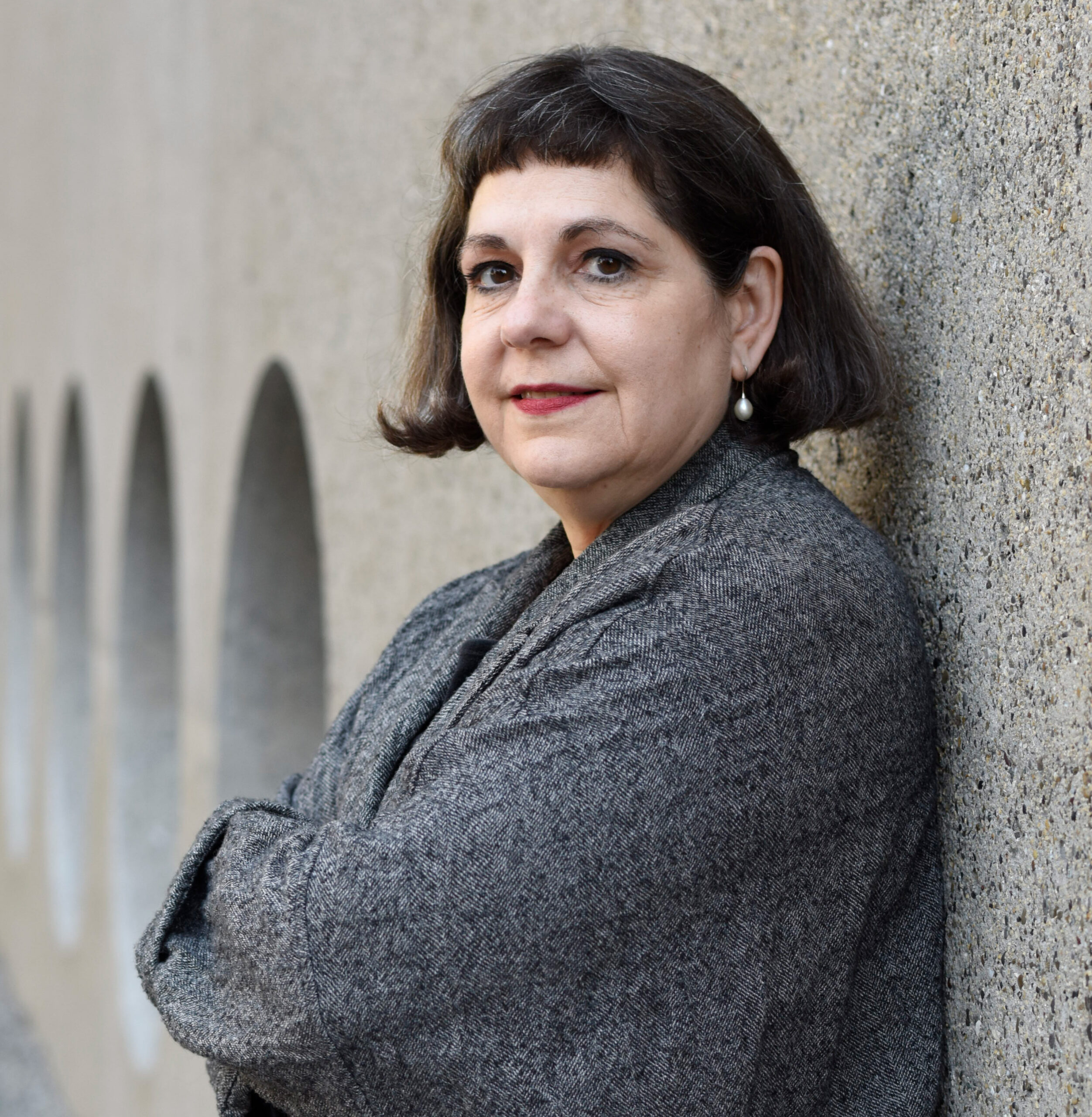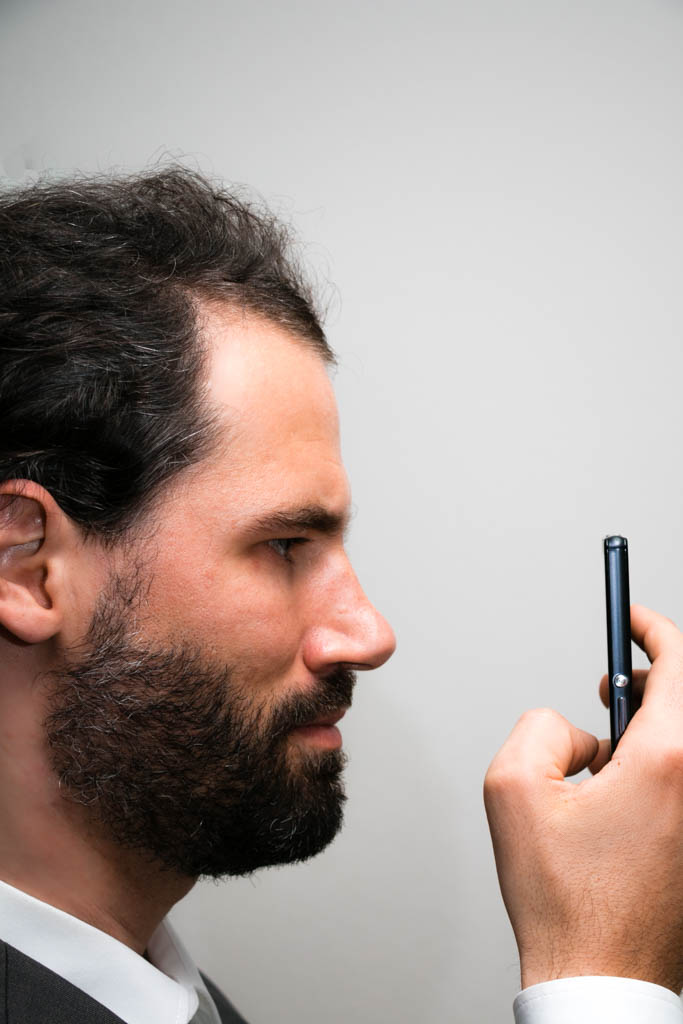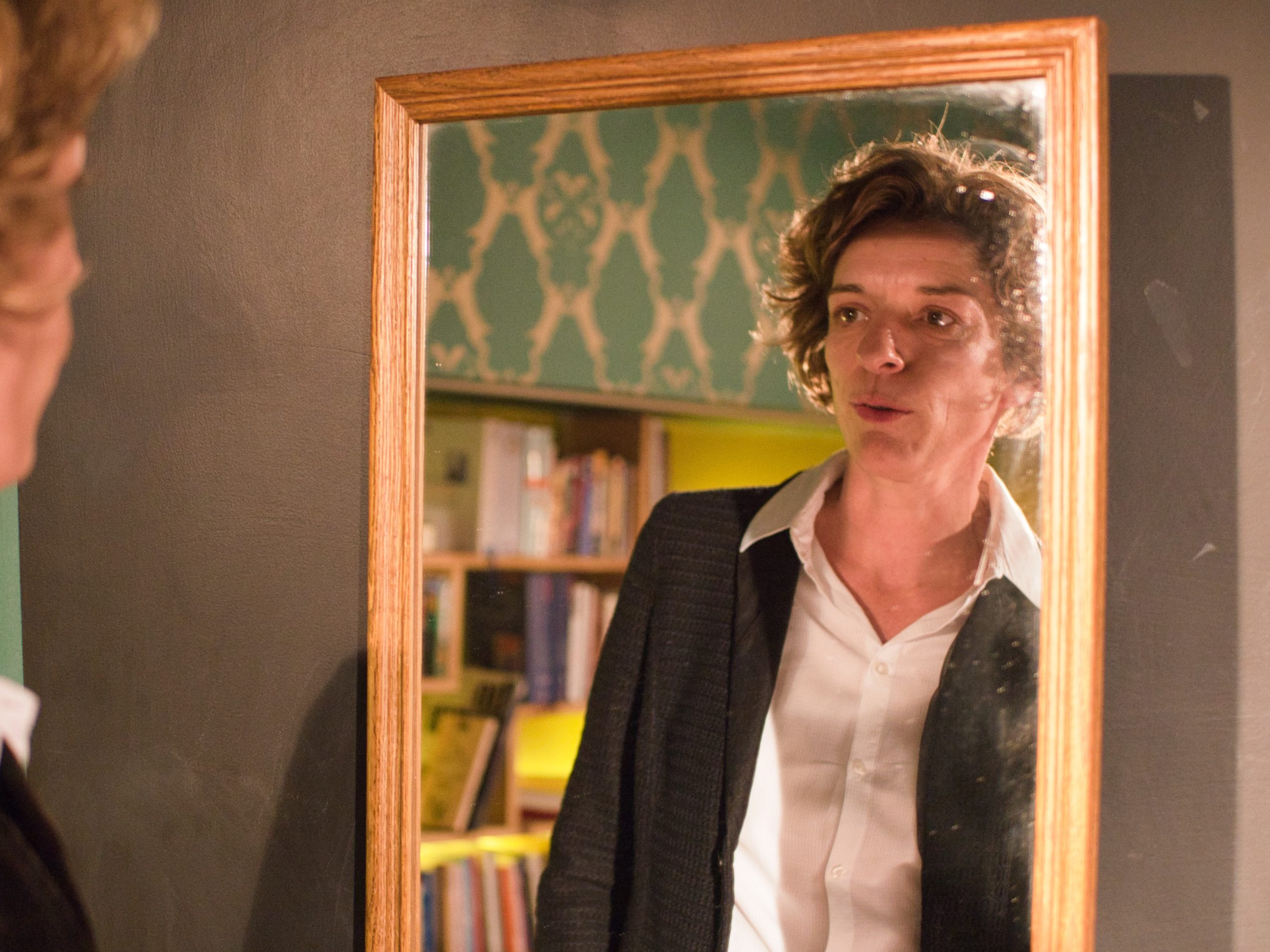-
Shifting the images in our minds through stories
In a sense, people who live at the margins of society, or who pursue passions that are deemed socially unacceptable, inhabit a parallel world – although they are part of our everyday lives, they remain invisible. Photojournalist and philosopher Klaus Petrus examines this paradox and believes that, in part, it arises from the fact that…
-
Why troublemakers are needed
Although these educational concepts were and are also about acquiring certain content, education itself is conceived as an open-ended process. The essence of this process is that we allow the world to affect us and change ourselves in the process. It is impossible to predict what the end result will look like.
-
On the role of science in times of crisis, bullshitting and the ideal features section
The philosopher and feature writer Uwe Justus Wenzel deals with the relationship between science and the public. According to Wenzel, it is problematic when political decisions are shifted onto science
-
Deliberate ignorance as a cultural ability in the knowledge society
Ralph Hertwig, Director at the Max Planck Institute for Human Development, also considers deliberate ignorance to be useful and, sometimes, even necessary.
-
«New Work is a necessity»
New Work is commonly understood as an employee-centred form of leadership and working. For Heike Bauer New Work is a necessity for dealing with the future
-
Partir de l’impact pour penser la flexibilité autrement
Assâad El Akremi est le co-auteur du livre « La société flexible » paru il y a 20 ans. Dans l’un de ses chapitres, nous pouvons y lire que la flexibilité est utilisée à des fins de régulation que peut exercer l’entreprise sur ces employés. Est-ce toujours le cas aujourd’hui ? Et comment la thématique est-elle traitée aujourd’hui et…
-
Fiction opens up possibilities
Metaphors (Denkbilder) and storytelling can be instruments for thinking about the future. This is what cultural critic Elisabeth Bronfen suggests.
-
Attitude is the prerequisite for flexibility
Chris Bühler is a digital ethicist. He is sceptical about buzz words like flexibility and disorientation and pleads for calmness in an anxious period.
-
Supposed freedom and the urge to optimise oneself
About Ulla Klingovsky Ulla Klingovsky holds the professorship for Adult Education at the Institute of Adult Education and Counselling at […]
